Asteroids And Earth: A Violent Relationship
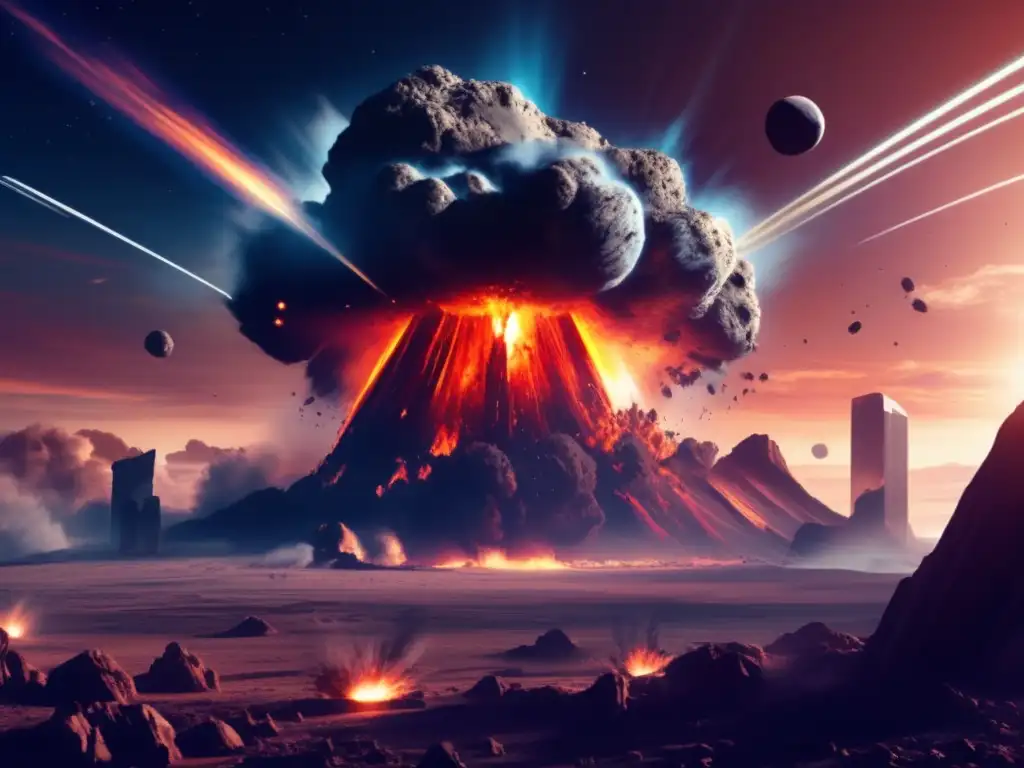
Introduction
The relationship between asteroids and Earth has been a violent one throughout history. These celestial bodies have collided with our planet countless times, leaving behind destruction and altering the course of evolution. In this article, we will explore the impact of asteroids on Earth and its consequences.
How Asteroid Impacts Occur
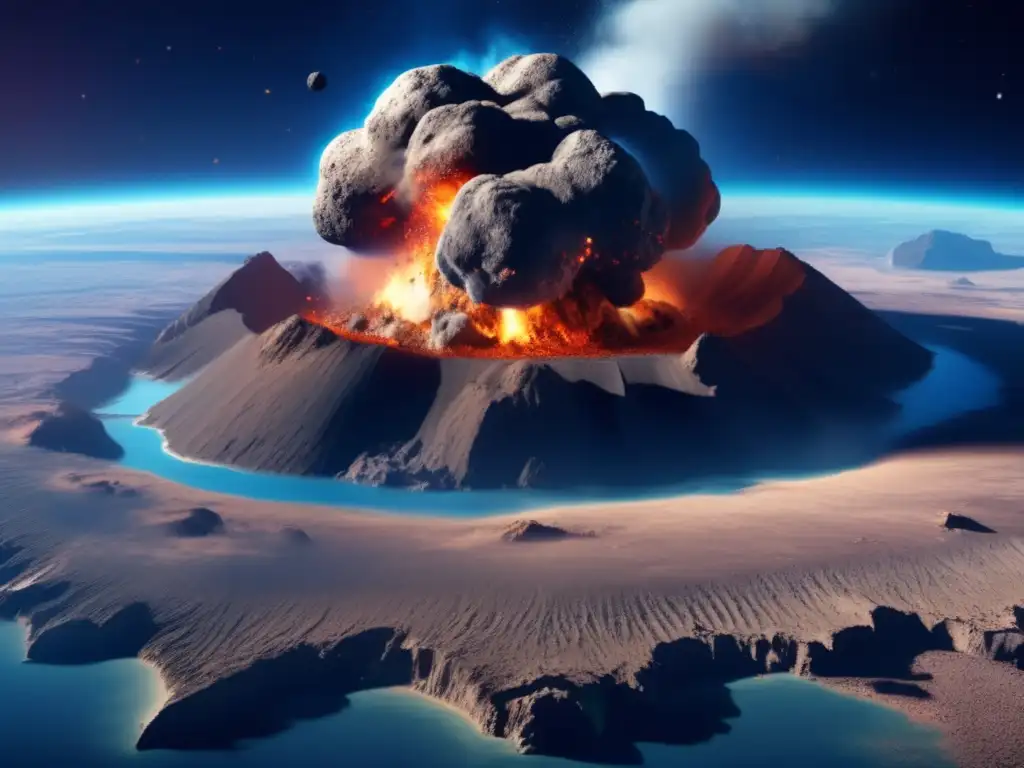
What are Impact Craters?
Impact craters are geological features created by the impact of asteroid-like bodies on planetary surfaces. These craters range in size from small, microscopic pits to vast basins hundreds of kilometers across. The size of these impact craters depends on the size and speed of the asteroid object that created them.
How do Asteroid Impacts Affect Earth?
Asteroid impacts can have catastrophic effects on Earth, including large-scale fires, tsunamis, and global cooling. The energy released by the collision can cause massive seismic disturbances and create shock waves that travel through the Earth's crust. The resulting damage can be felt thousands of kilometers away.
Notable Impact Events in History
One of the most well-known impact events occurred approximately 66 million years ago when an asteroid hit the Yucatan Peninsula and caused the extinction of the dinosaurs. Another notable event occurred in 1908 when a small asteroid exploded above the Tunguska River in Siberia and flattened 2,000 square kilometers of forest.
The Consequences of Asteroid Impacts on Earth
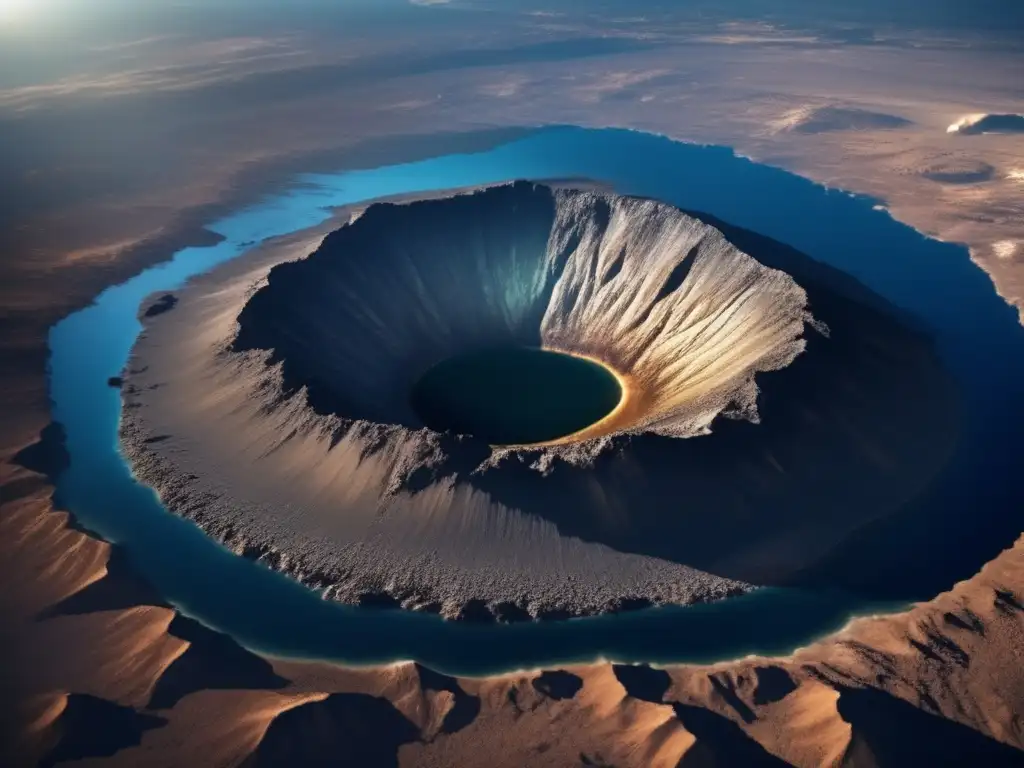
Effect on Climate Change
Large asteroid impacts can cause global climate change. The dust and debris ejected into the atmosphere can block out the sun and cause a significant drop in global temperatures, leading to plant and animal extinctions. This event is known as a "nuclear winter," and it can last for decades or even centuries.
Effect on Evolution
The impact of asteroids has had a significant impact on the evolution of life on Earth. For example, the extinction of the dinosaurs allowed mammals to evolve and eventually led to the rise of human civilization. The impact of asteroids has also brought new forms of life to our planet, such as bacteria and viruses that can survive in extreme conditions.
Potential for Future Impact Events
There is a possibility that a large asteroid could collide with Earth in the future, with devastating consequences. Astronomers are constantly monitoring the skies for potential impactors and developing technologies to deflect them away from Earth. NASA's Planetary Defense Coordination Office is responsible for tracking near-Earth objects and developing techniques to mitigate the threat of impact events.
The Importance of Studying Asteroid Impacts
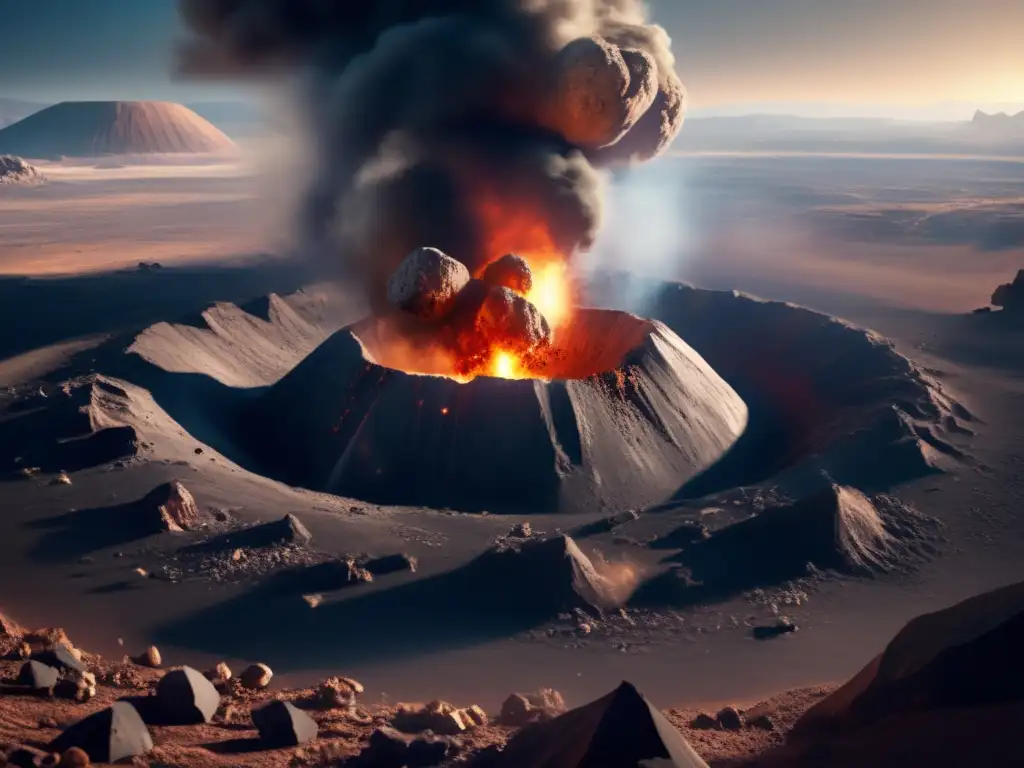
Protection of Life on Earth
Studying asteroid impacts is crucial for protecting life on Earth. By understanding the size and speed of potential impactors, astronomers can develop methods for detecting them early and deflecting them away from Earth. Additionally, studying past impact events can help us understand the long-term effects of these catastrophic events and prepare for future ones.
Exploring the Origins of Life
Researching asteroids and their impact on Earth can help scientists explore the origins of life. It is believed that asteroids and comets may have brought the organic compounds and water necessary for life to form on Earth. By studying the composition of these objects, we can gain insight into the early stages of our solar system and the potential for life beyond Earth.
Frequently Asked Questions
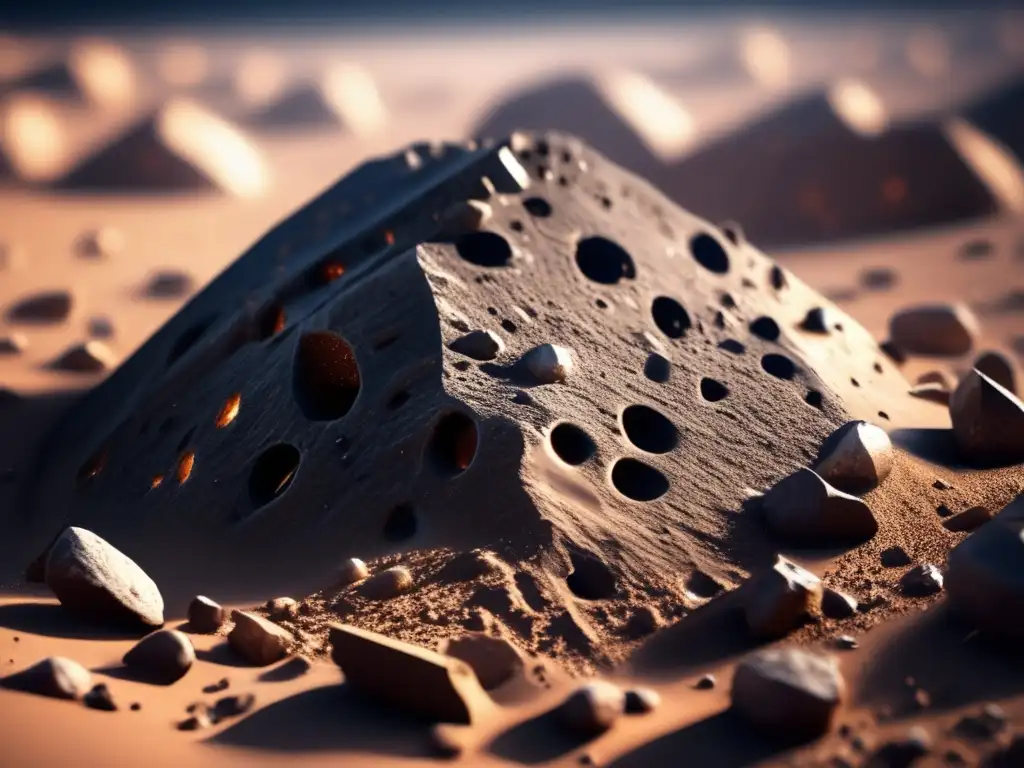
-
What is the likelihood of a large asteroid impact in the future?
The likelihood of a large asteroid impact is relatively low, but the consequences would be catastrophic. Astronomers are working to detect and deflect potential impactors away from Earth.
-
Can we prevent an asteroid impact?
It is possible to deflect an incoming asteroid using a variety of methods, including kinetic impactors and gravity tractors. However, detecting potential impactors early is crucial for developing an effective deflection strategy.
-
How did the impact that killed the dinosaurs affect life on Earth?
The impact caused massive fires, tsunamis, and global cooling. It led to the extinction of the dinosaurs and allowed mammals to evolve and eventually to rise of human civilization.
-
What are the long-term effects of nuclear winter?
Nuclear winter can cause significant drops in global temperatures, which can lead to plant and animal extinctions. It can also disrupt weather patterns and cause prolonged periods of darkness.
-
How do scientists study past impact events?
By studying impact craters, analyzing the chemical composition of rocks, and examining the fossil record, scientists can reconstruct past impact events and their effects on life on Earth.
Conclusion
Asteroid impacts have had a significant impact on Earth throughout history, including causing mass extinctions and altering the course of evolution. By studying these events, scientists can better understand their consequences and develop strategies for mitigating future impact events. We must continue to monitor potential impactors and work towards protecting life on our precious planet.
Thank you for reading this article on the relationship between asteroids and Earth. We hope that you found it informative and thought-provoking. Please share your thoughts in the comments section below and consider interacting positively with www.asteroidrealm.com, whether by subscribing or sharing the article on social networks.
Additional Resources
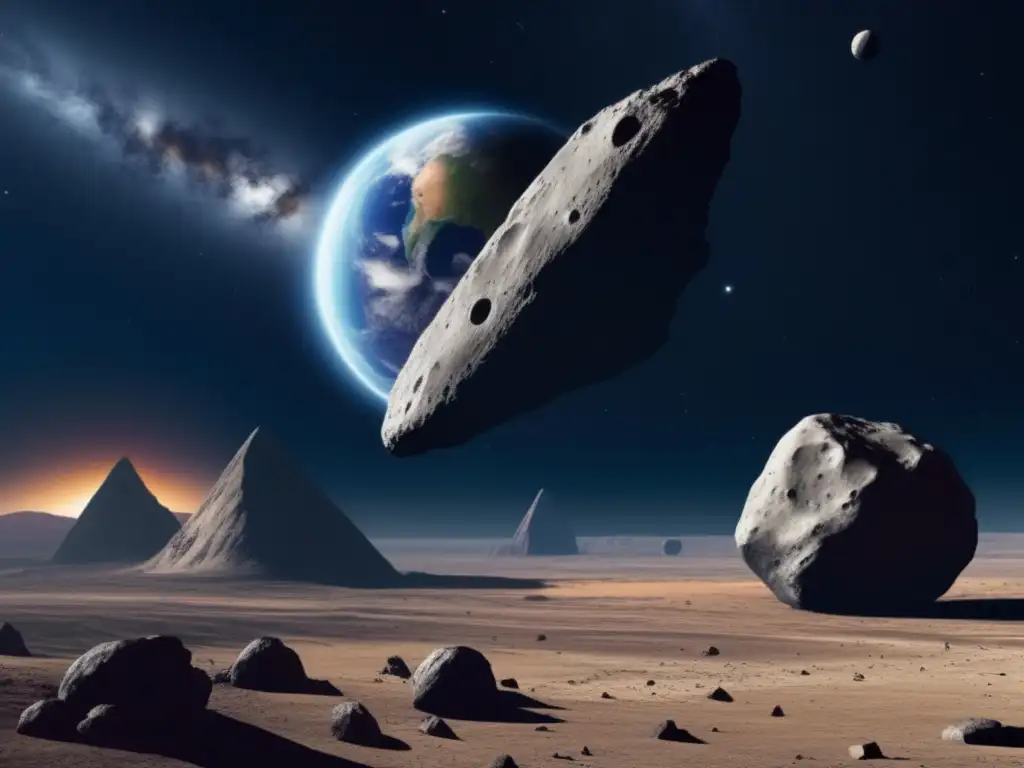
- NASA Planetary Defense Coordination Office
- The Biological Consequences of an Asteroid Impact
- Asteroid Impact Science and Technology
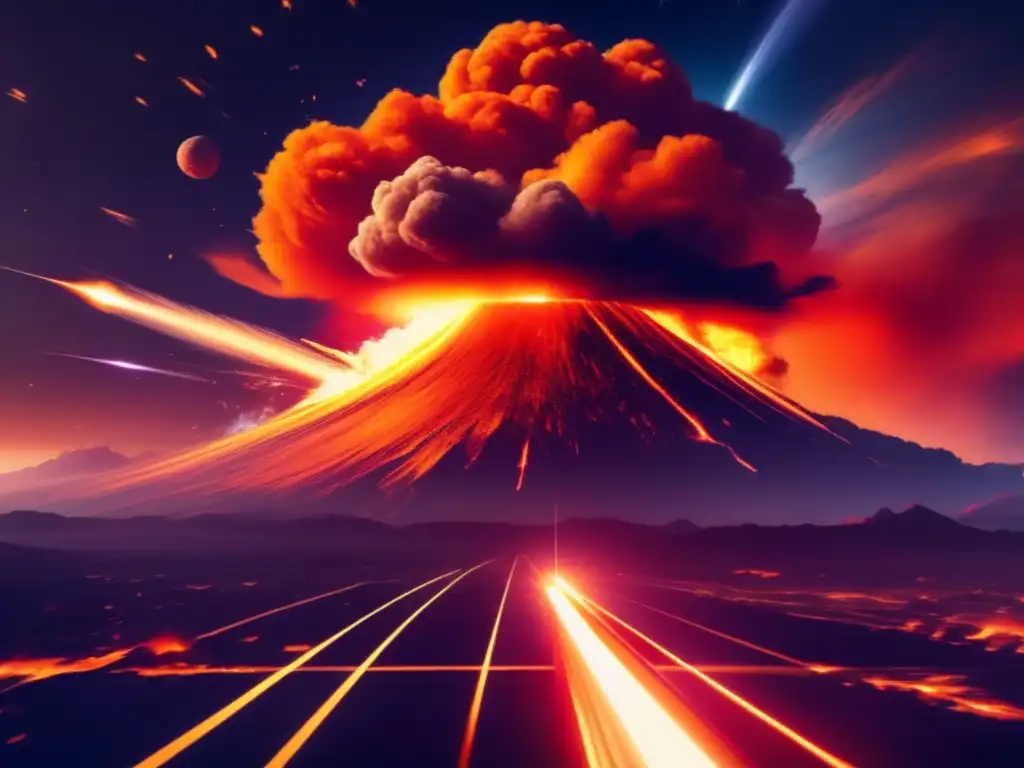 The Day The Sky Burned: Documenting Asteroid Impacts
The Day The Sky Burned: Documenting Asteroid Impacts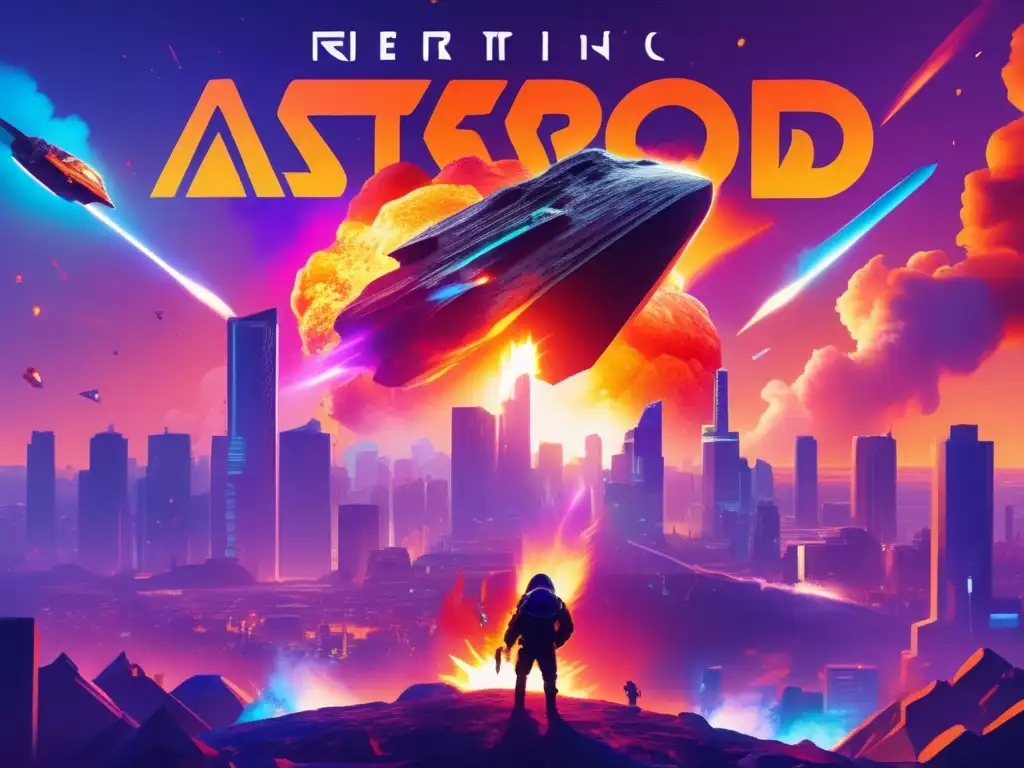 Surviving The Impact: Life After Asteroid Strikes
Surviving The Impact: Life After Asteroid Strikes Patterns In The Chaos: Predicting Future Asteroid Impacts
Patterns In The Chaos: Predicting Future Asteroid ImpactsIf you want to discover more articles similar to Asteroids And Earth: A Violent Relationship, you can visit the Asteroid Impacts category.
Leave a Reply

Articulos relacionados: